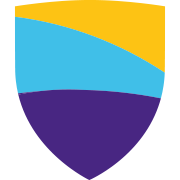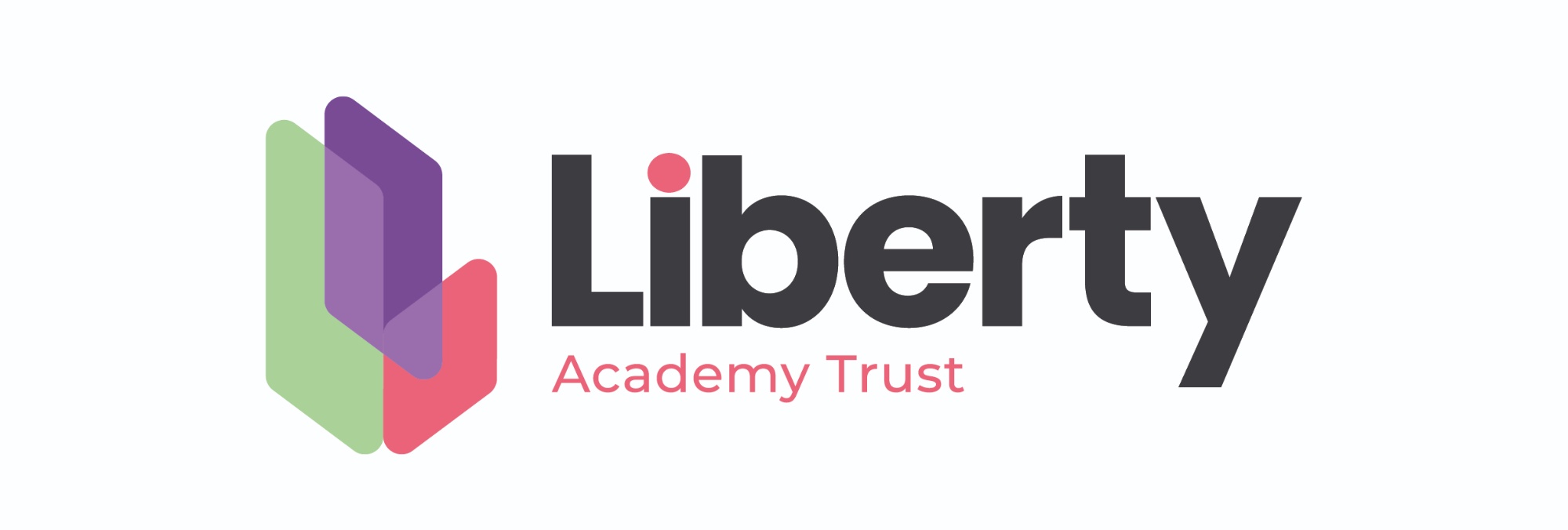Sixth Form
All our students have an EHCP for a primary need of Autism. However, this does not mean that all students are the same. The post-16 curriculum at Liberty Sixth Form is tailored to provide high-quality teaching and preparation for adulthood, so that our students leave us as confident learners and positive citizens.
Year 11 pupils from Vanguard School are eligible for a place in our sixth form subject to confirmation from their local authority. We recommend that parents raise this as part of the transition review and Education Health and Care planning annual review process in Years 10 and 11. We may also admit pupils referred to us from outside Vanguard School who are looking for a specialist setting to continue their education. COMMISSIONERS: If you are working with a child for whom Vanguard Sixth Form might be suitable, we recommend that you phone the school for an initial conversation about the young person’s needs and the education and support we offer.
SUPPORTING YOU TO ENSURE A SUCCESSFUL TRANSITION
Through the allocation of a Key Worker, every student at Liberty sixth form is supported in both their studies and their personal development. A school-based Careers Lead is available in each school to provide tailored careers information and guidance which meets the responsibilities of both Statutory Guidance and the National Careers Strategy, as well as best practice expectations. All students have access to independent and impartial careers guidance external to the school; this can include, but is not limited to: accessing careers apps and websites, encounters with employers, and resources provided by the National Careers Service. As part of the provider access legislation (also known as the Baker Clause) that came into force in January 2023, all Liberty schools adhere to the expectation in post-16 for all students to have access to a minimum of “two encounters with a provider of technical education or apprenticeships”; these can take place at any time during Year 12 or between 1 September and 28 February during Year 13.
Where appropriate, we support any student to apply for Access to Work; this is a national scheme which offers grants or support for mental health for those in paid work. Students are eligible to apply once they are 16 and in a full or part-time job. Parents, carers and families are encouraged to access information about career progression and future study options, so that students can be supported at home and at school. This includes access to Preparing for Adulthood materials produced by the Council for Disabled Children, the National Development Team for Inclusion (NDTI) website, and the Talking Futures parent toolkit for career conversations.
CHOOSING THE RIGHT PATHWAY
All students follow a pathway appropriate to their ability and which prepares them for their chosen next steps.
THE ACADEMIC PATHWAY is aimed at students who have the cognitive and academic skills to be able to access traditional qualifications. Students are offered subjects which lead to Level 3 BTECs and/or A-Level qualifications. Students following the academic pathway are often interested in pursuing a university degree; if this is the case, they will also undertake a minimum of two university visits by the end of Year 13. Students will benefit from support with UCAS applications and our expertise in engaging with university experiences.
THE VOCATIONAL PATHWAY is aimed at students who wish to follow a more vocational pathway; perhaps they have a specific interest or would like to enter a particular industry. Where required, qualifications are also offered at Functional Skills or GCSE Level in English and Maths, to ensure all students have the literacy and numeracy skills needed to progress in their careers and in life. Students following the vocational pathway are supported to successfully transition into employment, as their ultimate aim.
THE SUPPORTED VOCATIONAL PATHWAY is aimed at students looking to develop and build their skills of independence. Students following this pathway may struggle with traditionally academic subjects or may have significant learning difficulties.
Where required, qualifications are also offered at Entry Level and Functional Skills Level 1 in English and Maths, to ensure all students have the literacy and numeracy skills needed to progress in their careers and in life. Students following the supported vocational pathway are supported to successfully transition to independence and self-sufficiency, as their ultimate aim

